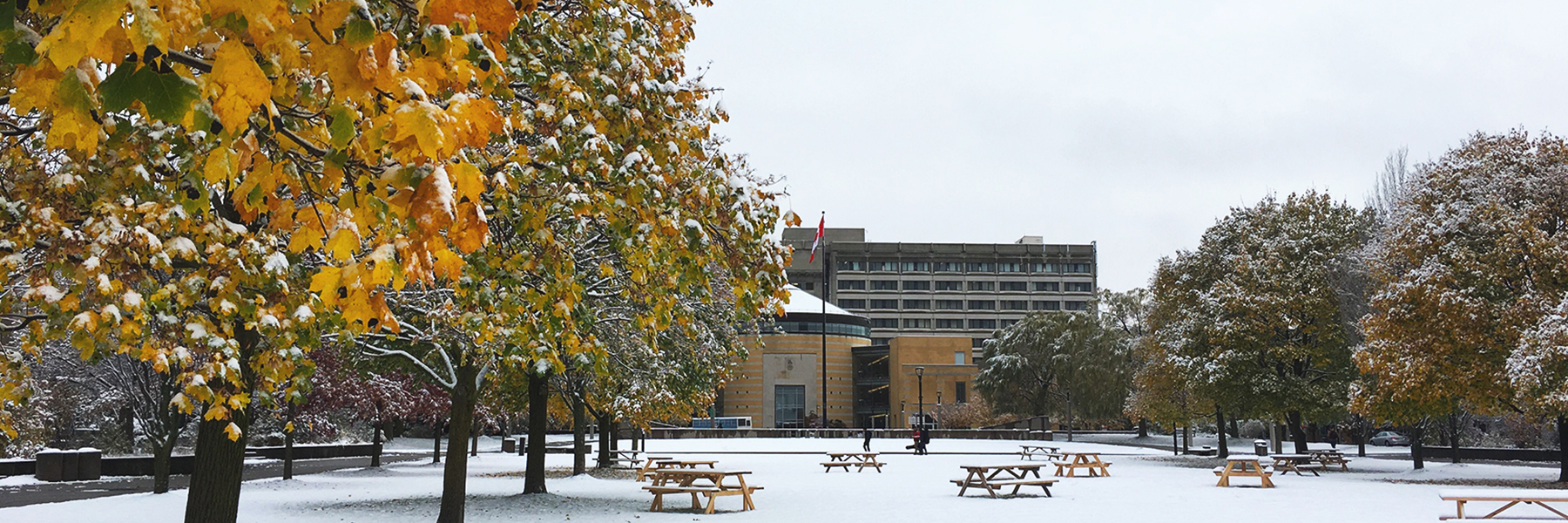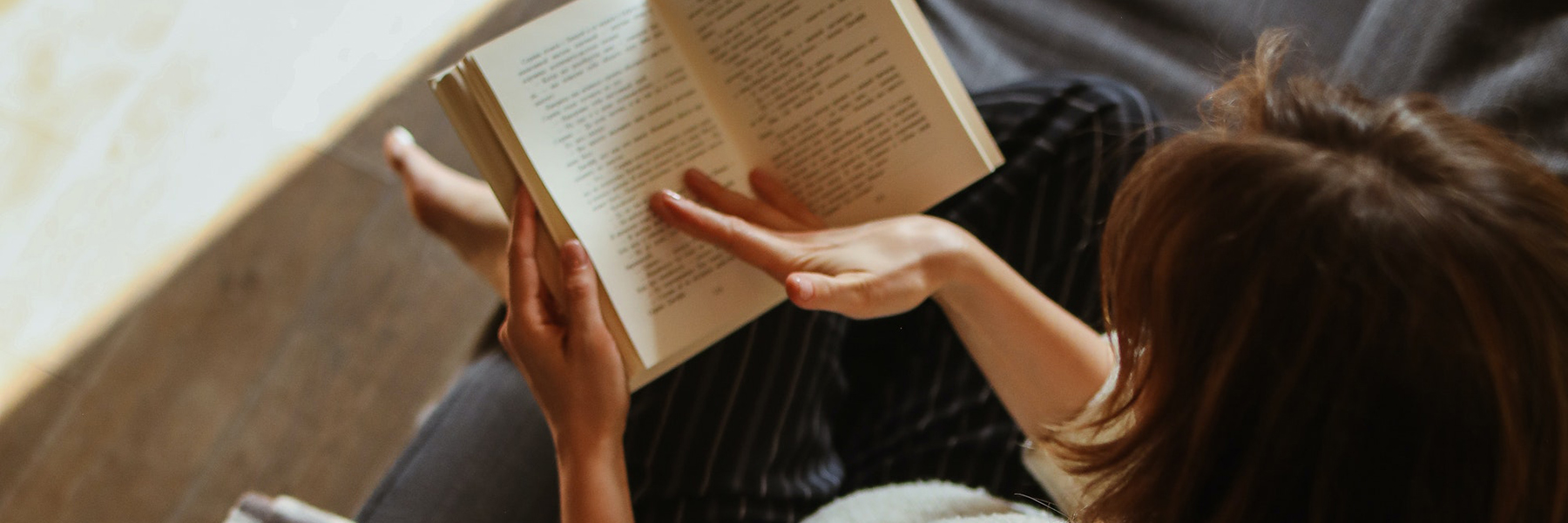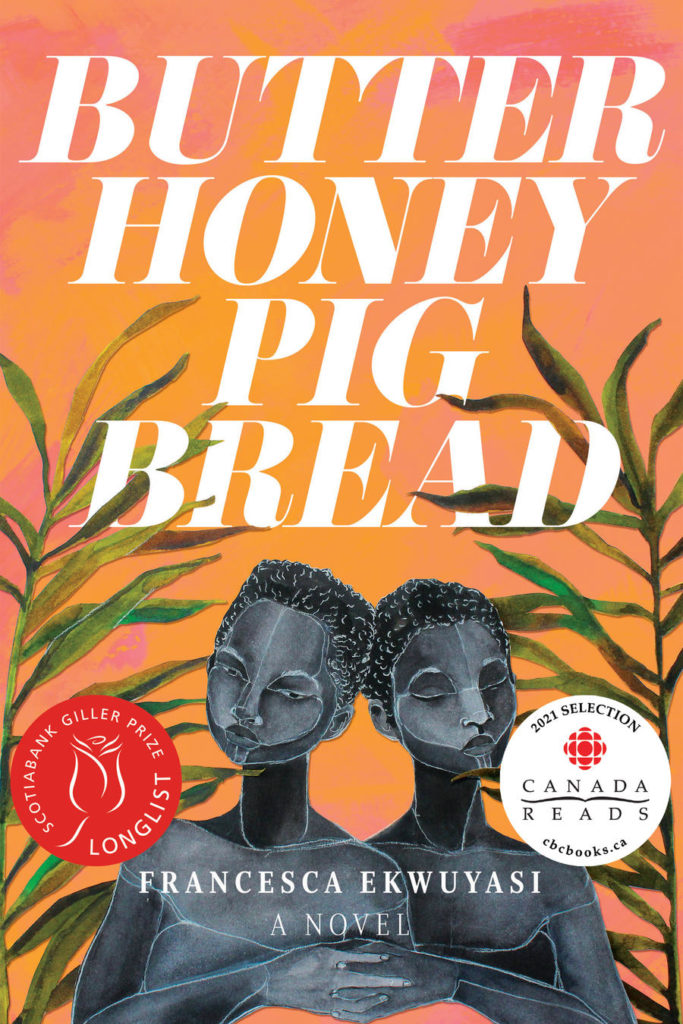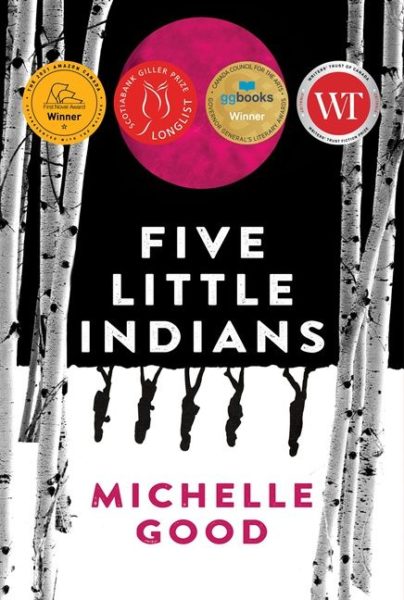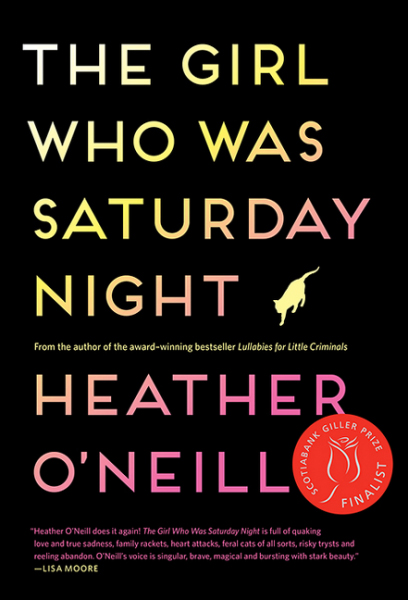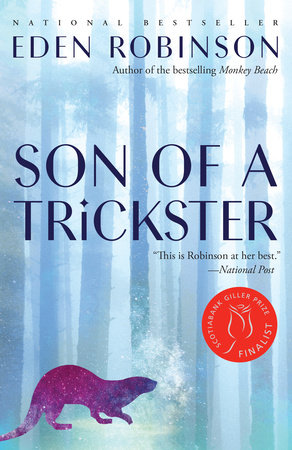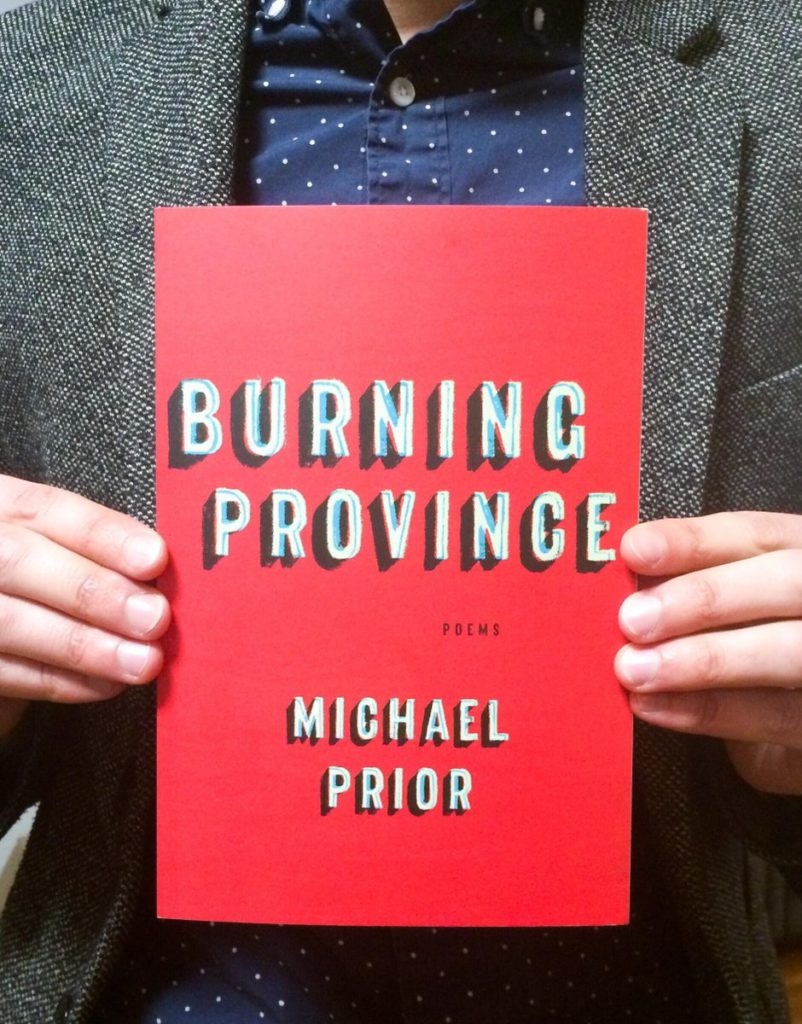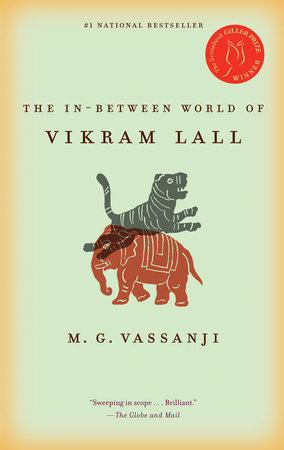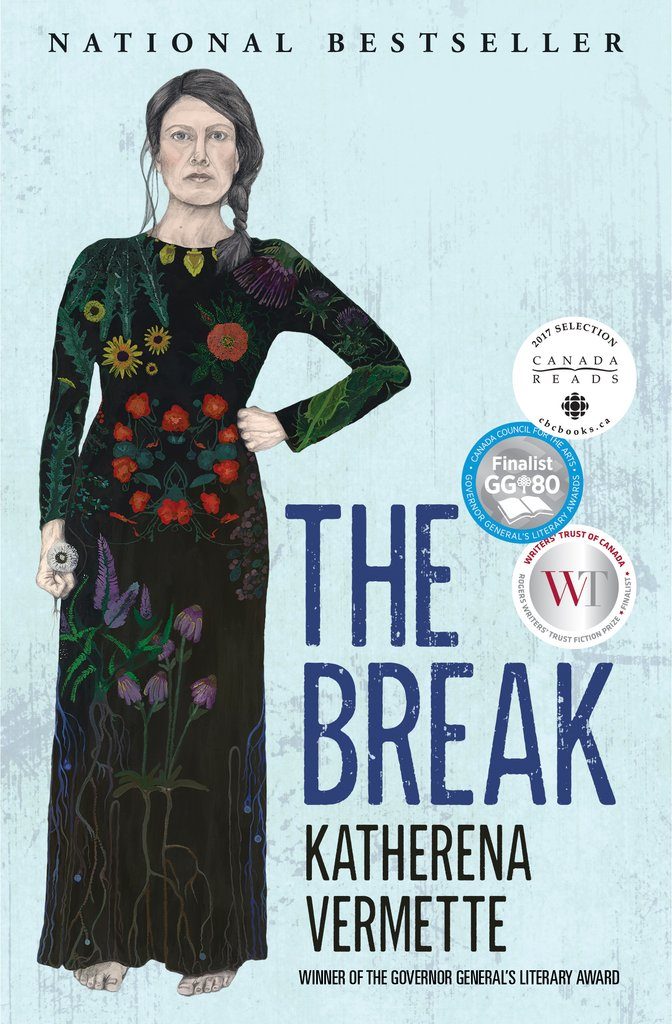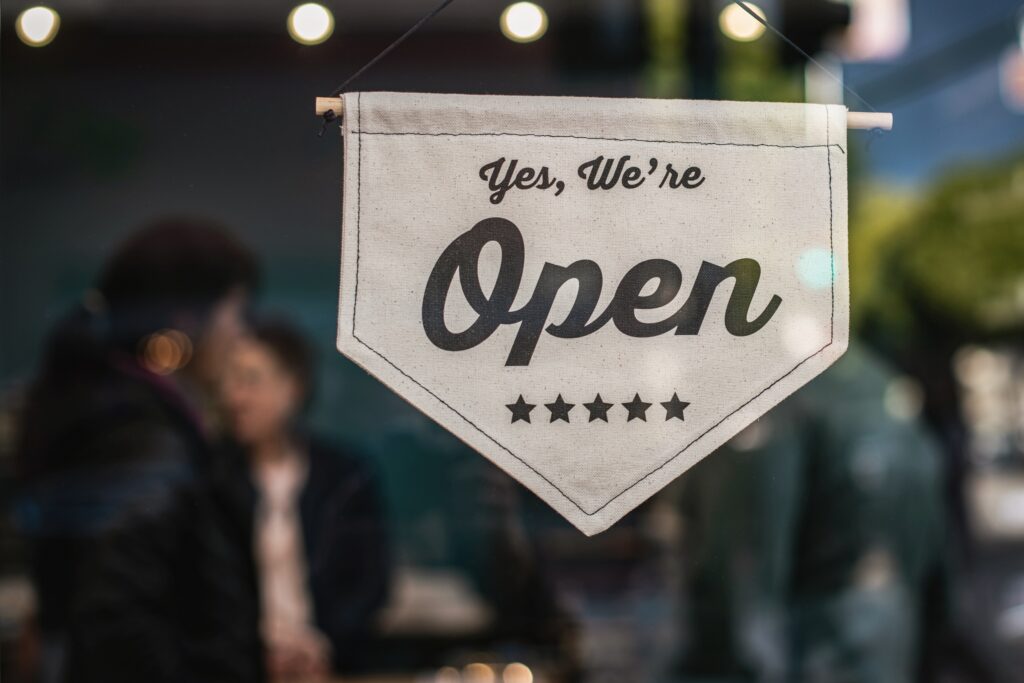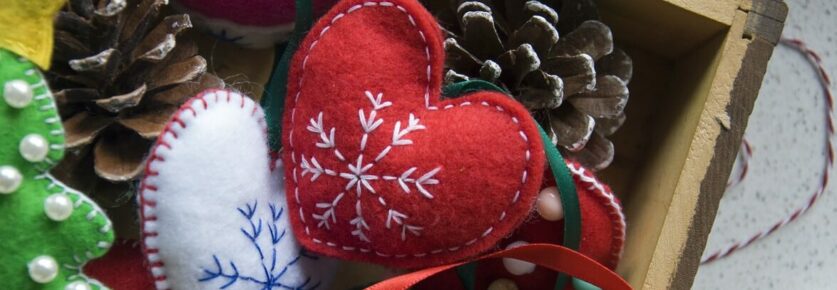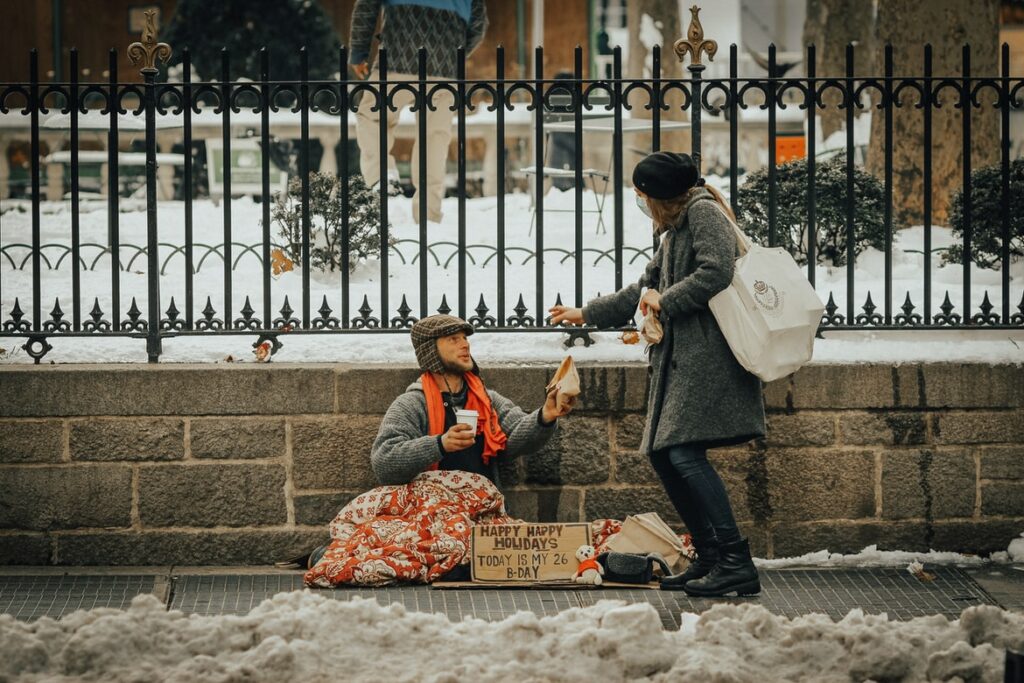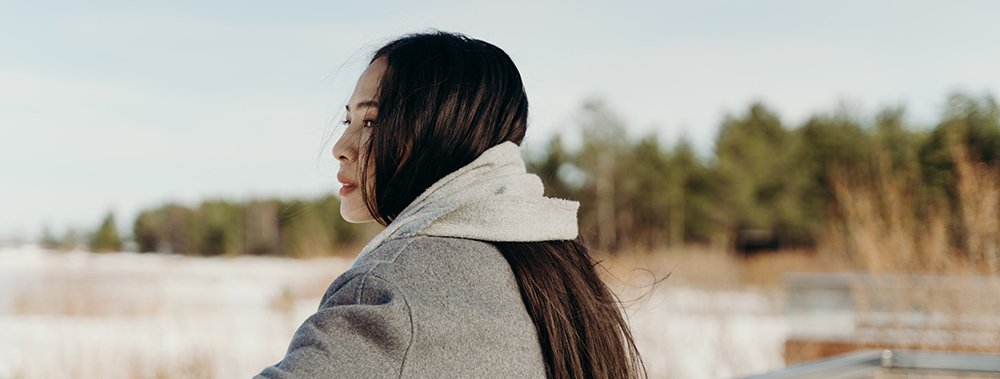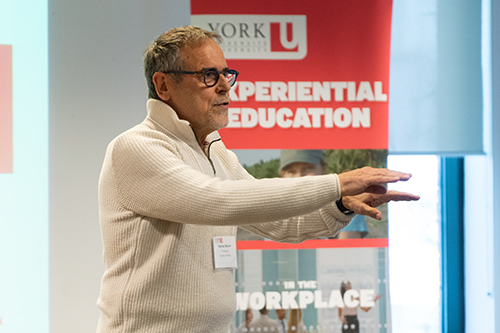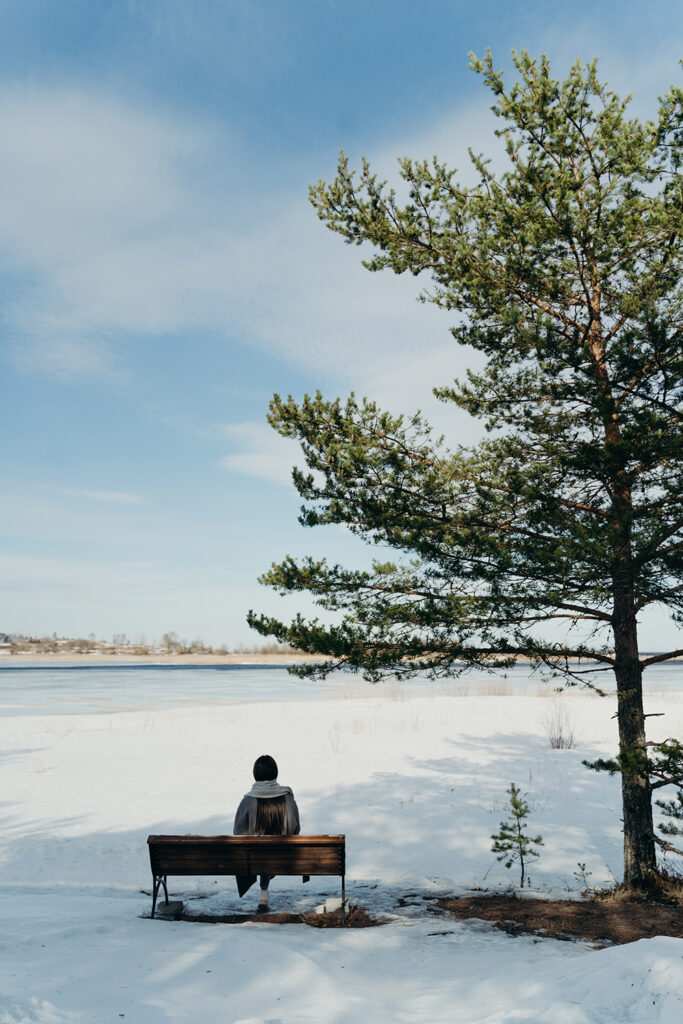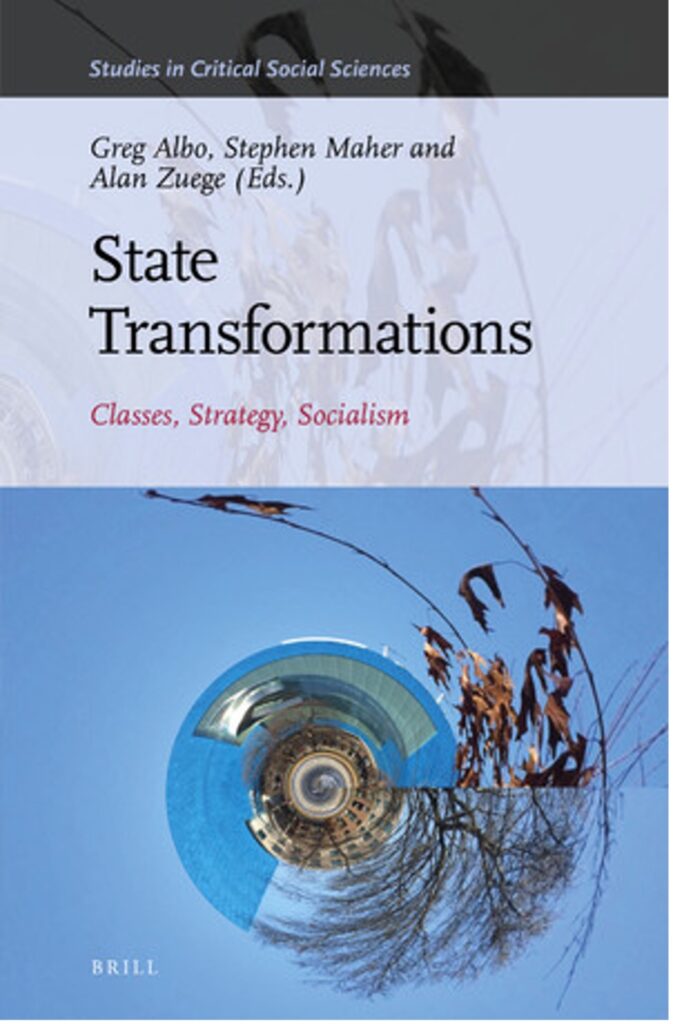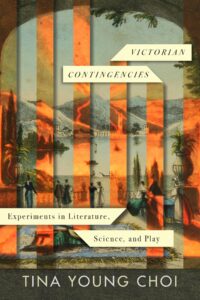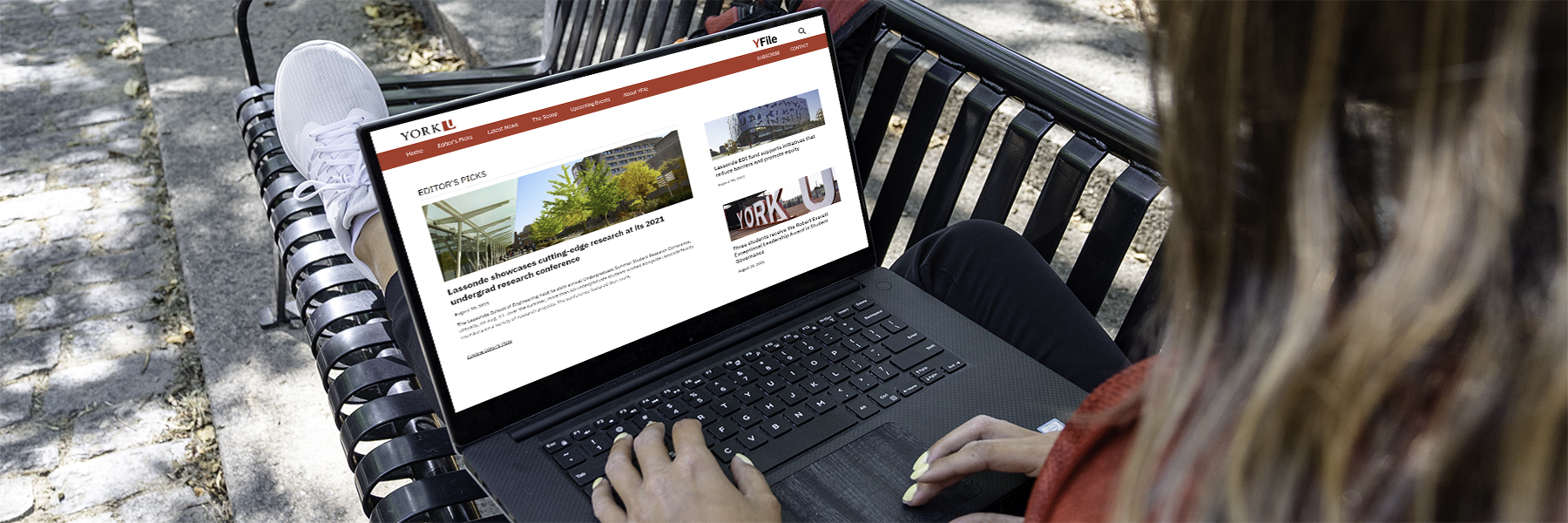La version française suit la version anglaise.
Dear York community,
On Dec. 15, the Government of Canada revised its travel guidelines for Canadians to avoid all non-essential travel. Further, as cases of the new Omicron variant continue to grow, other countries and regions are also changing their travel guidelines.
In general, all non-essential outbound travel should be limited or delayed wherever possible to promote the safety of our community and to contain travel cancellation costs as advisories remain in place.
The following applies to all members of the York community during in the Winter 2022 Term and further details will be available shortly in the FAQs on the Better Together website:
International programs
Given the recent global COVID-19 travel advisory, the University has cancelled and/or postponed all international travel for University-sponsored or sanctioned international programs for Winter 2022. This applies to the following:
- Academic exchange, faculty-led programs, internships, research placements, community-engaged learning, practicums, co-op placements, or any other international travel that is approved by a York University faculty member, department, staff member, Faculty, or non-academic unit. *This is subject to narrow exceptions outlined below.
Special authorization for specific international programs and students will be granted on a case-by-case basis. If you are scheduled to participate in an international program for Winter 2022, please get in touch with your Faculty international program coordinator or with York International at: goglobal@yorku.ca. This authorization will be granted based on the health and safety guidance of the host country/institution and with strict adherence to health and safety plans that are agreed upon by students, academic unit(s), Risk Management and York International. Such cases may include:
- Students who are already in their home countries, who have access to health care and insurance that is available for citizens/nationals of those locations or students with dual citizenship status.
- Students who have special circumstances or are participating in undergraduate/graduate programs where in-person participation is necessary for degree or program completion.
International travel for faculty, researchers, instructors
The University strongly advises all members of the community to avoid all non-essential travel, in alignment with the Government of Canada’s travel advice and advisories, until further notice.
International travel for graduate students (research related)
The University strongly advises all graduate students to avoid all non-essential travel and to explore the use of online technologies for research related activities with international collaborators. In exceptional situations, research related international travel, related activities for graduate students and travel related to the completion of academic programs may be considered by relevant offices on a case-by-case basis. This will be reviewed again when Global Affairs Canada travel advisories are lifted.
University-funded business travel
All international university business travel is cancelled and/or postponed until further notice. Questions related to safety abroad can be submitted to: safetyabroad@yorku.ca.
Travelling to York from outside of Canada
The Government of Canada has changed quarantine and testing requirements. As of Sept. 7, 2021 all travellers arriving in Canada who are fully vaccinated with a Health Canada–approved vaccine may be exempt from quarantine requirements. Regardless of vaccination status, upon arrival each traveler must show a viable quarantine plan to a border services officer.
All international travelers arriving in Canada will also be required to take a COVID-19 test upon entry into the country. Travelers vaccinated with one of the approved COVID-19 vaccines for travel/entry will need to self-isolate until they receive a negative test result. Testing and self-isolation will take place at the traveler’s port of entry. York students and faculty may use York’s Quarantine Program for self-isolation if they do not have a suitable place to self-isolate or live in an on-campus residence.
York University runs an off-campus quarantine program for all international arrivals destined for York. For more information on this, please visit York International’s Quarantine Information page.
As always, we will continue to monitor the situation regularly and provide updates should circumstances change. York International will also be available to provide support to assess and develop risk mitigation plans for authorized international travel. For more information, please contact York International at: goglobal@yorku.ca or safetyabroad@yorku.ca and please continue visiting the Better Together website for regular updates.
Sincerely,
Lisa Philipps
Provost & Vice-President Academic
Amir Asif
Vice-President, Research & Innovation
Directives révisées sur les voyages cet hiver
Chers membres de la communauté de York,
Le 15 décembre 2021, le gouvernement du Canada a révisé ses directives et demande aux Canadiens d’éviter tout voyage non essentiel. Tandis que le nombre de cas reliés au nouveau variant Omicron continue d’augmenter, d’autres pays et régions modifient aussi leurs directives de voyage.
En général, tous les voyages non essentiels doivent être limités ou retardés dans la mesure du possible afin de promouvoir la sécurité de notre communauté et de limiter les coûts d’annulation des voyages alors que les avertissements sont en vigueur.
Les dispositions suivantes s’appliquent à tous les membres de la communauté de York pendant le trimestre d’hiver 2022. Vous pouvez consulter les détails sur la FAQ du site Web Mieux ensemble :
Programmes internationaux
Compte tenu du récent avertissement mondial aux voyageurs en matière de COVID-19, l’Université a annulé et/ou reporté tous les voyages internationaux pour les programmes internationaux parrainés ou sanctionnés par l’Université pour l’hiver 2022. Cela s’applique à :
- Les échanges universitaires, les programmes dirigés par des professeurs, les stages, les placements de recherche, l’apprentissage communautaire, les travaux pratiques, les programmes coopératifs ou tout autre voyage international approuvé par un membre du corps professoral, par un département, par un membre du personnel, par une faculté ou par une unité non académique de York. *Sujet à des exceptions étroites décrites ci-dessous.
Une autorisation spéciale sera accordée au cas par cas pour des programmes et des étudiants internationaux précis. Si vous devez participer à un programme international pour l’hiver 2022, veuillez contacter la coordination du programme international de votre faculté ou York International à : goglobal@yorku.ca. Cette autorisation sera accordée en fonction des directives en matière de santé et de sécurité du pays/de l’établissement d’accueil et du respect strict d’un plan de santé et de sécurité convenu par l’étudiant, les unités académiques, la gestion des risques et York International. Ces cas peuvent inclure :
- Les étudiants et étudiantes qui sont déjà dans leur pays d’origine et qui ont accès aux soins de santé et aux assurances disponibles pour les citoyens/ressortissants de ces lieux ou les étudiants et étudiantes qui ont déjà un statut de double nationalité.
- Les étudiants et étudiantes qui sont dans une situation exceptionnelle ou qui participent à des programmes de premier cycle ou d’études supérieures dans lesquels la participation en personne est nécessaire à l’obtention du diplôme ou à l’achèvement du programme.
Voyages internationaux pour les professeurs, chercheurs, enseignants
L’Université conseille vivement à tous les membres de la communauté d’éviter tout voyage non essentiel, conformément aux conseils et avertissements aux voyageurs du gouvernement du Canada, jusqu’à nouvel ordre.
Voyages internationaux pour les étudiantes et étudiants diplômés (liés à la recherche)
L’Université conseille vivement à tous les étudiants de cycle supérieur d’éviter tout déplacement non essentiel et d’explorer l’utilisation des technologies en ligne pour les activités liées à la recherche menées avec des collaborateurs internationaux. Tous les voyages internationaux liés à la recherche et activités associées pour les étudiantes et étudiants de cycle supérieur ainsi que les voyages liés à l’achèvement d’un programme académique pourront être évalués au cas par cas par les bureaux concernés. Ce point sera réexaminé lorsque les avertissements d’Affaires mondiales Canada aux voyageurs seront levés.
Voyages d’affaires financés par l’Université
Tous les voyages d’affaires internationaux de l’Université sont annulés et/ou reportés jusqu’à nouvel ordre. Les questions concernant la sécurité à l’étranger peuvent être soumises à safetyabroad@yorku.ca.
Voyages à York en provenance d’un pays étranger
Le gouvernement du Canada a modifié les exigences en matière de quarantaine et de tests. Depuis le 7 septembre 2021, tous les voyageurs arrivant au Canada qui sont entièrement vaccinés avec un vaccin approuvé par Santé Canada peuvent être exemptés des exigences de quarantaine. Peu importe leur statut vaccinal, à leur arrivée, tous les voyageurs doivent présenter un plan de quarantaine viable à un agent des services frontaliers.
Tous les voyageurs internationaux arrivant au Canada devront également passer un test COVID-19 à leur entrée dans le pays. Les voyageurs vaccinés avec l’un des vaccins contre la COVID-19 approuvés devront s’auto-isoler jusqu’à ce qu’ils obtiennent un résultat négatif. Le test et l’isolement auront lieu au port d’entrée du voyageur. Les étudiants et les professeurs de York peuvent utiliser le programme de quarantaine de York pour s’auto-isoler s’ils n’ont pas d’endroit approprié ou s’ils ne vivent pas dans une résidence sur le campus.
L’Université York a un programme de quarantaine hors campus pour les voyageurs à York en provenance de l’étranger. Pour plus d’information, visitez la page Quarantine Information de York International.
Nous continuerons de surveiller la situation et nous vous fournirons de nouvelles informations si les circonstances changent. York International offrira également un soutien pour évaluer et élaborer des plans d’atténuation des risques pour les voyages internationaux autorisés. Pour plus d’informations, veuillez contacter York International à : goglobal@yorku.ca ou safetyabroad@yorku.ca. Veuillez continuer à consulter le site Web Mieux ensemble pour des mises à jour régulières.
Veuillez agréer mes sincères salutations,
Lisa Philipps
Rectrice et vice-présidente aux affaires académiques
Amir Asif
Vice-président de la recherche et de l’innovation


